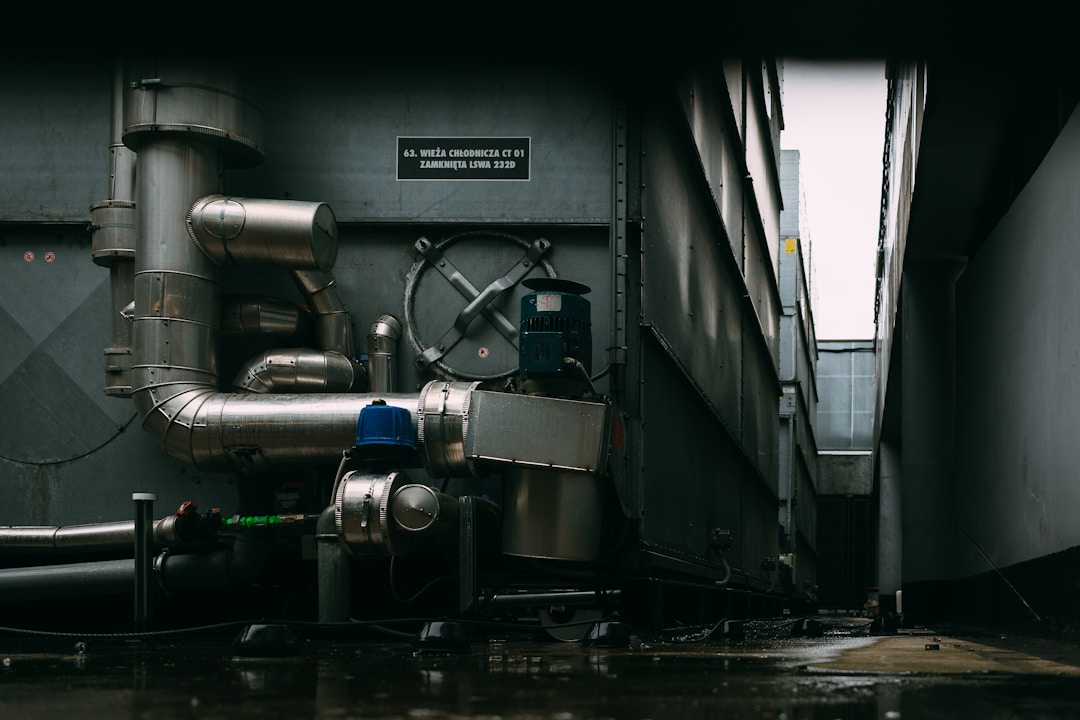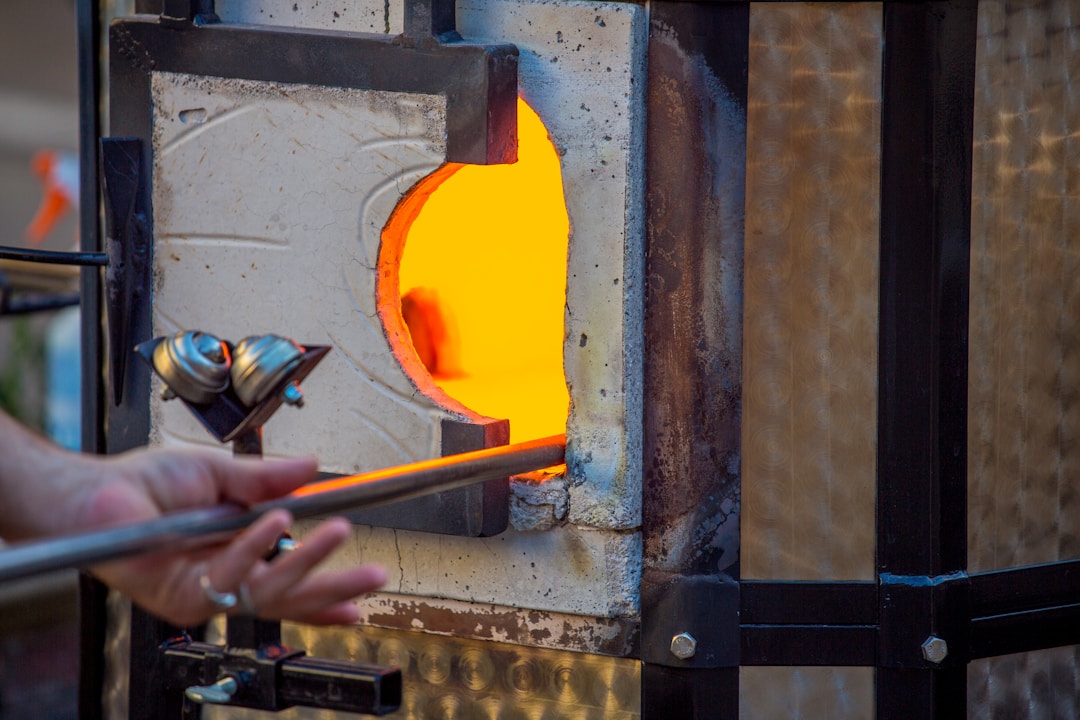Furnaces circulate warm air throughout the home using ducts. Unlike boilers, they don’t provide hot water or steam. Regardless, a high-efficiency furnace comes in handy in keeping the house warm all day long. Winter is that time of year when you need your gas furnace functioning at its best. There’s no gainsaying that furnaces don’t last forever. A typical furnace has a lifespan of 20 years. After this, you might begin to notice some signs prompting you that your furnace needs replacing. Keep reading to discover some of these signs.
1. The furnace has passed its average lifespan.

It’s difficult to give a timeline for the expiration of a furnace. You see, many factors determine how long it will last. Some of these include climate, system maintenance, and living habits. Of course, there are times when regular maintenance will suffice. However, once a furnace exceeds its average lifespan, it would be best to get it replaced. Furnace technology has advanced in recent years, making it possible to extend the furnace’s life expectancy.
2. Low energy efficiency.
The energy efficiency of a furnace is measured by annual fuel utilization efficiency (AFUE). AFUE refers to how efficient appliances are in converting fuel to heat energy for a year. It’s derived from the furnace’s ratio of annual fossil fuel to its annual heat output. Let’s say a furnace has an AFUE rating of 90%; it means that it distributes 90% of its heat around the house while 10% escapes through the chimney.
All-electric furnaces have the highest AFUE ratings ranging from 95% to 100%. Unlike heat pump systems, they’re not economically viable. Manufacturers display the AFUE rating of furnaces to help customers compare the energy efficiencies of various models. Once you begin to notice a drop in the energy efficiency of your furnace, you should consider getting a replacement. Moreover, retrofitting or upgrading it may not be the way to go.
3. Increase in heating bill.

Furnaces are one of the most efficient and affordable heating systems in the market. Whether it’s a gas or electric furnace, a new furnace will cost less in heating costs and consume less energy than an older furnace. An outdated furnace that still works will run less efficiently and still cost twice as much in heating bills as a replacement furnace would.
An older furnace may have an AFUE rating of 60%, which means that only 60% of its heat is circulated through the home. More so, it implies that part of the money you spend on heating will go to waste. When you compare the energy efficiency of an old furnace to a new furnace, you’d see the difference in heating costs.
4. Furnace starts making strange noises.
Hearing strange sounds coming out from your furnace system indicates that something is wrong because furnaces are generally not noisy. Moreover, most modern furnaces excel in noise reduction. If your furnace starts making unusual noises, then it either needs repair or replacement. Some familiar sounds include metal scraping, thumping, squealing, and humming. The type of sound you’re hearing is indicative of an underlying issue with the system.
For instance, a scraping noise is a telling sign that the blower wheel has a fault. When you hear any of these noises, it’s expedient you call an HVAC technician to come to check it out before the damage gets too severe. However, if the sound persists after constant repairs, you need to get a replacement as soon as possible.
5. Your furnace gives off certain smells.

If the smell emanating from your furnace smells like rotten eggs or a sewer, it could only mean that your heat exchanger has failed. Instead of pumping clean, fresh air, the stove will be pumping unsafe levels of carbon monoxide gas throughout your home.
This problem requires the help of a certified technician because a failed heat exchanger can have untold effects. Carbon monoxide gas can cause nausea, dizziness, breathing problems, and fatigue.
There’s also the electrical burning smell that comes from the blower motor. The heat that comes from there is enough to start a fire in your house. If the smell persists after a series of repairs and maintenance, you should consider a replacement.









